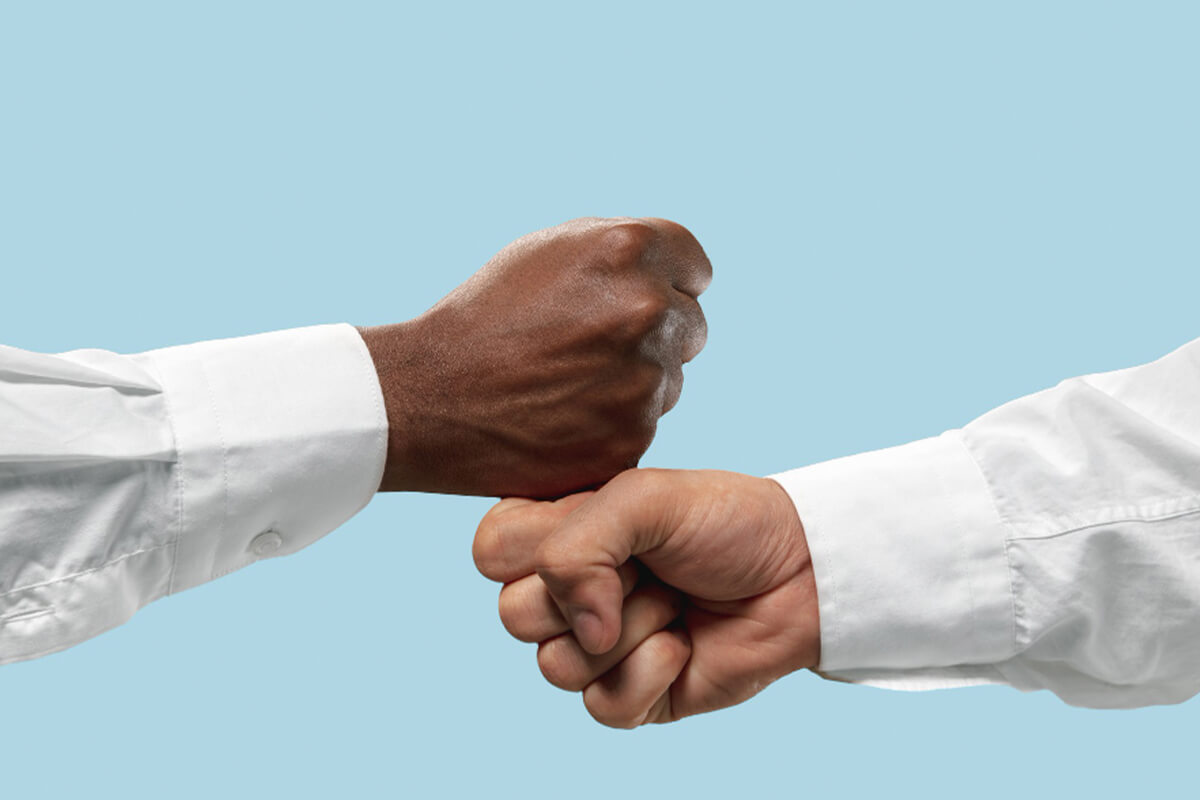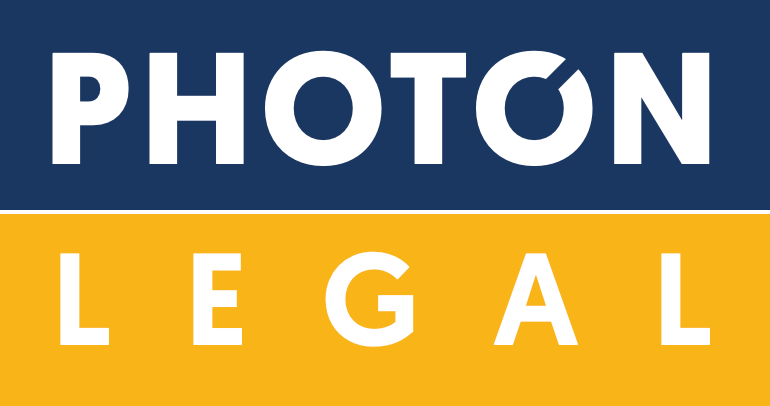
Introduction
Cybersquatting refers to the act of registering a domain name dishonestly, with the intention to monetarily benefit from the goodwill of a trademark that is not affiliated to them. This results in a domain dispute between the trademark owner and domain owner. In this day and age, one’s domain name is treated as an online trademark, wherein it shows the goodwill and standard of an organisation. One of the reasons why some people procure domain names is to resell them. However, such an act is illegal and unethical if the only intention is to trade it to a rightful owner for an unreasonable price or other deceitful activities.
Therefore, it can be said that cybersquatting is a type of trademark infringement by way of domain registration. There are different kinds of cybersquatting like ‘typo-squatting’ which includes the act of purchasing such domain names that consist of frequently misspelt trademarks. (eg. Yahu, Radiff), ‘cyber-parasites’ where pop-ups on sites are fraudulently installed to divert traffic, ‘cyber-piracy’ which is the act of purchasing domain names that are deceptively similar and ‘reverse hijacking’ where trademarks of well-known online-only sellers who still do not have any physical stores, are registered.
Cybersquatting and Trademark
When a domain name is registered by a person, the rights to that domain is retained by the person until one decides to let the registration expire or sell it. Just how a trademark delivers its purpose in the offline business, similarly a domain name delivers the same purpose online. It makes it easier for customers to recognise the origin of the goods or services offered by the owner. This shows the importance of domain name in online business. The following reasons highlight the importance of domain names:
a. Promoting businesses by building a strong online customer base through advertisements on the web
b. Making the business more convenient to access for existing and impending customers
c. Establishing the reliability of the business and website on the internet.
The damages caused by cybersquatting can go to the extent of preventing trademark owners from utilizing domain names for their own businesses. Sometimes, this also includes the act of diverting visitors to phishing sites, competitor’s sites, or even obscene web pages. This can severely damage the reputation and image of the brand. It has been held by the courts in the US that, “Domain Names may be a valuable corporate asset as it facilitates communication with a customer base”.
A domain name has an important place because only a single user of a domain name can exist, which is not the case in trademark law where two or more users can exist for trademarks that are similar or same, belonging to different classes of goods and services under an honest concurrent use which does not lead to infringement. The registration of domain names follows a system of ‘first come, first served policy. This particularly means that only one person can use a specific domain name, and other applications submitted for using the same domain name will be rejected. This amounts to the sole reason why trademark owners opt for registering their domain names for businesses.
Role of the Judiciary
In India, there is no particular law that governs Domain Name Protection. However, the courts decide such cases as per the Trade Marks Act, 1999. The reliefs that are available under the Trade Marks Act, 1999 are of two kinds, namely:
i.Remedy of passing off: this relief is available even if the trademark has not been registered.
ii.Remedy of infringement: this remedy is available when the trademark has been registered.
The Yahoo! Inc. V. Akash Arora and Netlink Internet Services case was the first cybersquatting case that came up before the courts, in India. The plaintiff, being the registered owner of the domain name “Yahoo.com” had acquired an interim order successfully, which restrained the defendant from utilizing the domain name “Yahooindia.com” or any other trademark that is deceptively similar to that of the plaintiff.
In another case of Rediff Communication Limited V. Cyberbooth, the Bombay High Court granted an injunction against the defendant wherein the defendant was restrained from using the domain name ‘radiff.com’ as it was similar to ‘rediff.com’ which was the plaintiff’s domain name.
Cybersquatting Laws for Trademark in India
In order to tackle cybersquatting and penalize the offenders, there exists a pressing need of introducing strict laws. The new law must consist of such legal solutions for trademark owners against defendants, wherein obtaining damages and compensation is easy for the plaintiff. There is also a requirement for a law that can be seen as a strong weapon for safeguarding the Intellectual Property of trademark owners online.
World Intellectual Property Organization (WIPO) System
An arbitration system has been provided by the World Intellectual Property Organization Arbitration and Mediation Centre since 1999, in which a trademark owner can seek to claim a site that has been squatted, additionally it aims to bestow an Internet system for administering commercial disputes relating to Intellectual Property. This mechanism used for dispute solving is unique and is established for filing evidence and document exchange purpose. The service provided is economical and efficient. The physical filing of original documentary evidence is requisite, but the arbitration takes place online. This process is designed in such a manner that its completion is expected to be in less than 45 days together with a provision where parties can approach the courts for resolving their disputes.
Conclusion
Cybersquatting acts like a virus for which an immediate need of development or an antidote is required to be found in the form of structured laws or else this virus will change itself into a plague which in turn would motivate cybersquatters to live off on unprotected domain name holders. Often it is suggested that in order to avoid trademark infringement, it is better to file for a trademark in class 42 which includes Technology and Software Services. However, now the courts in India have pro-actively taken a step to secure the interests of victims who fall prey to cybersquatting and are also ensuring that immoral elements do not pose a threat to the goodwill and commercial interests of bona fide enterprises.
Should you face any cybersquatting issues or need Trademark advice, please share a word with us at [email protected]. So stay alert and safeguard your trademarks from cybersquatting now!

